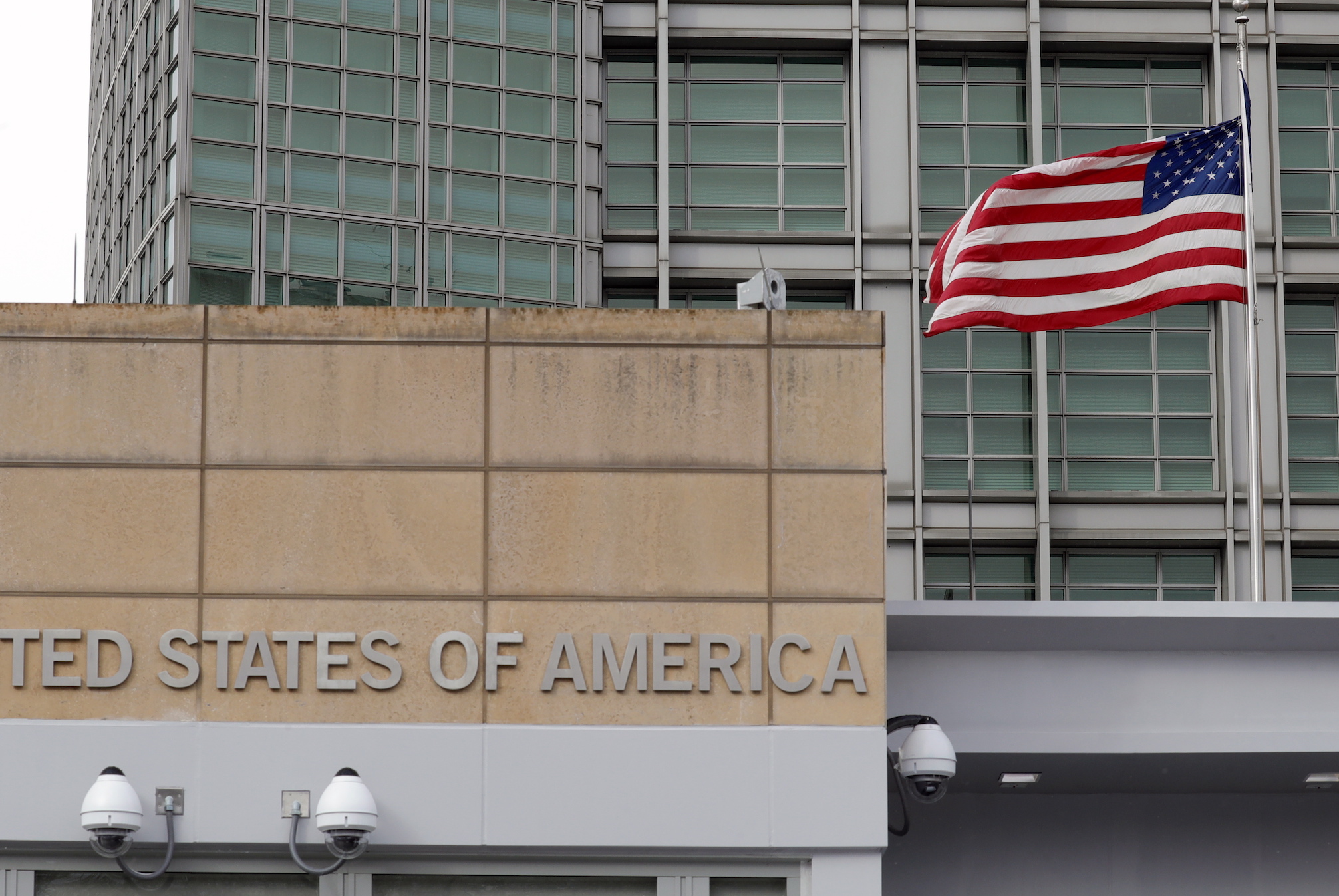ID :
571046
Wed, 07/15/2020 - 11:25
Auther :
Shortlink :
https://oananews.org//node/571046
The shortlink copeid
Recent US policy of Iran failed to produce any result - US expert

WASHINGTON, July 15. /TASS/. The US administration’s policy towards Iran failed to produce any result following Washington’s unilateral withdrawal from the Joint Comprehensive Plan of Action (JCPOA) on Iran’s nuclear program, a former White House official said.
Robert Malley, White House Coordinator for the Middle East, North Africa and Gulf Region in the Barack Obama’s administration, said in a Twitter post that "the deal was struck to keep Iran's nuclear program in check." He also criticized the current administration for its maximum pressure policy on Tehran.
"In 2+ years of max pressure how many of 12 US demands have been met? Not nuclear, which is worse. Not the regional, which is more unstable. Only progress made was on detainees - not coincidentally, the only issue on which US and Iran actually engaged," said Malley, who was a member of US delegation to JCPOA negotiations in Vienna.
"Pressure brings pain, undoubtedly - it hasn't brought results," he continued.
According to Malley, "the goal of the Trump administration from the outset has been & remains to destroy the JCPOA and do their best to prevent its revival under a different president." Therefore, the United States would continue to press for snapback UN Security Council sanctions against Tehran this fall.
"JCPOA wasn't perfect - not for U.S., not for Euros, not for Iran. No deal ever is. But it worked & cld have been built upon. Ask its detractors to propose something better and it's a wish list, not a proposal," he said.
The analyst referred to a New York Times chart, which shows that Iran’s stockpile of enriched uranium was below 1,000 kg between 2016 and 2019, but the benchmark was crossed this year.
In 2015, the UN Security Council passed Resolution 2231 in support of the agreement on Iran’s nuclear program. Under the deal, all sanctions against Tehran imposed from 2006 to 2010 were terminated. The arms embargo against Iran should be valid for five years, and is due to expire in November 2020.
The future of the Iranian nuclear deal was called into question after the United States unilaterally withdrew from it on May 8, 2018, and slapped oil export sanctions on Tehran. According to Iran, the remaining signatories, primarily the Europeans, are not fully adhering to their obligations associated with the economic part of the agreement, so the deal in its current form makes no sense.
Read more





